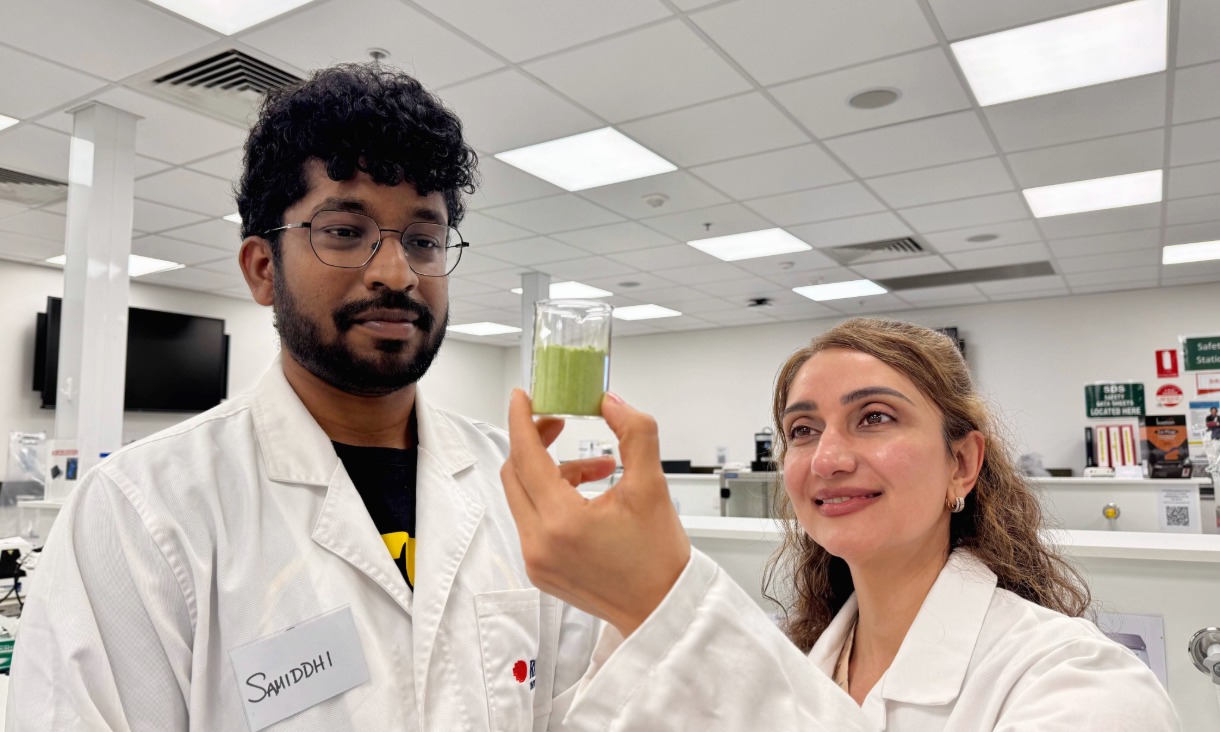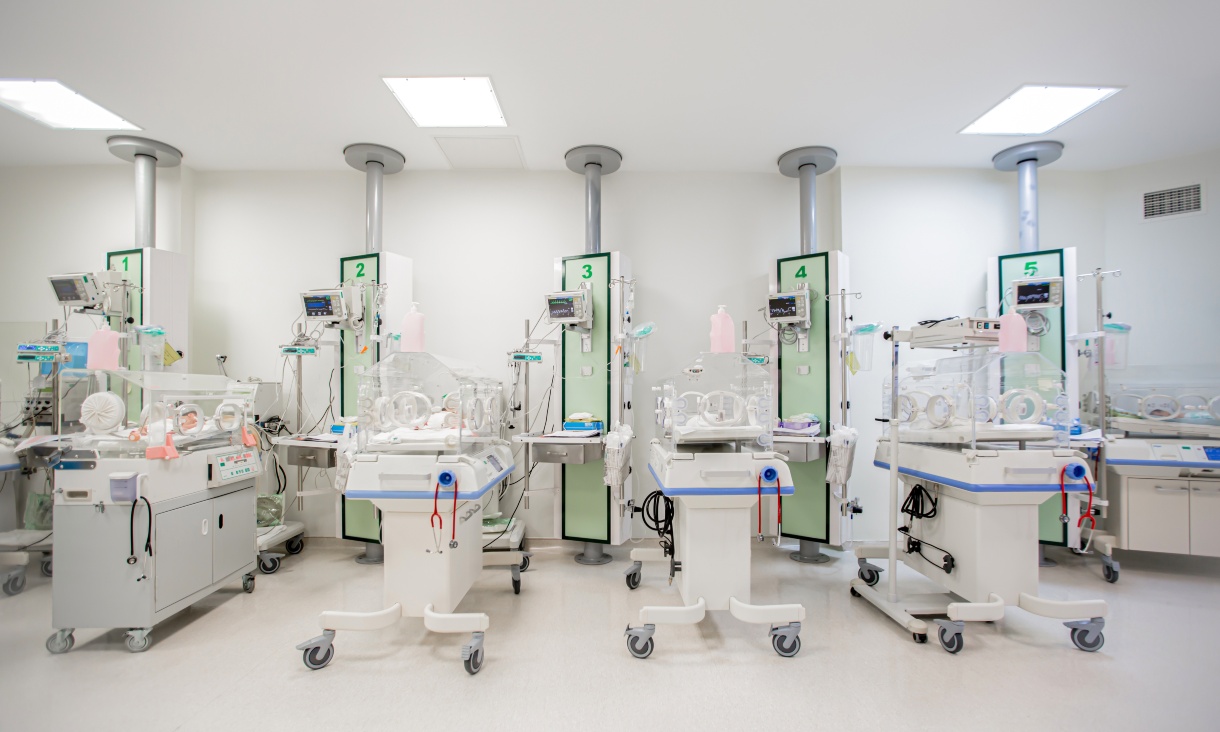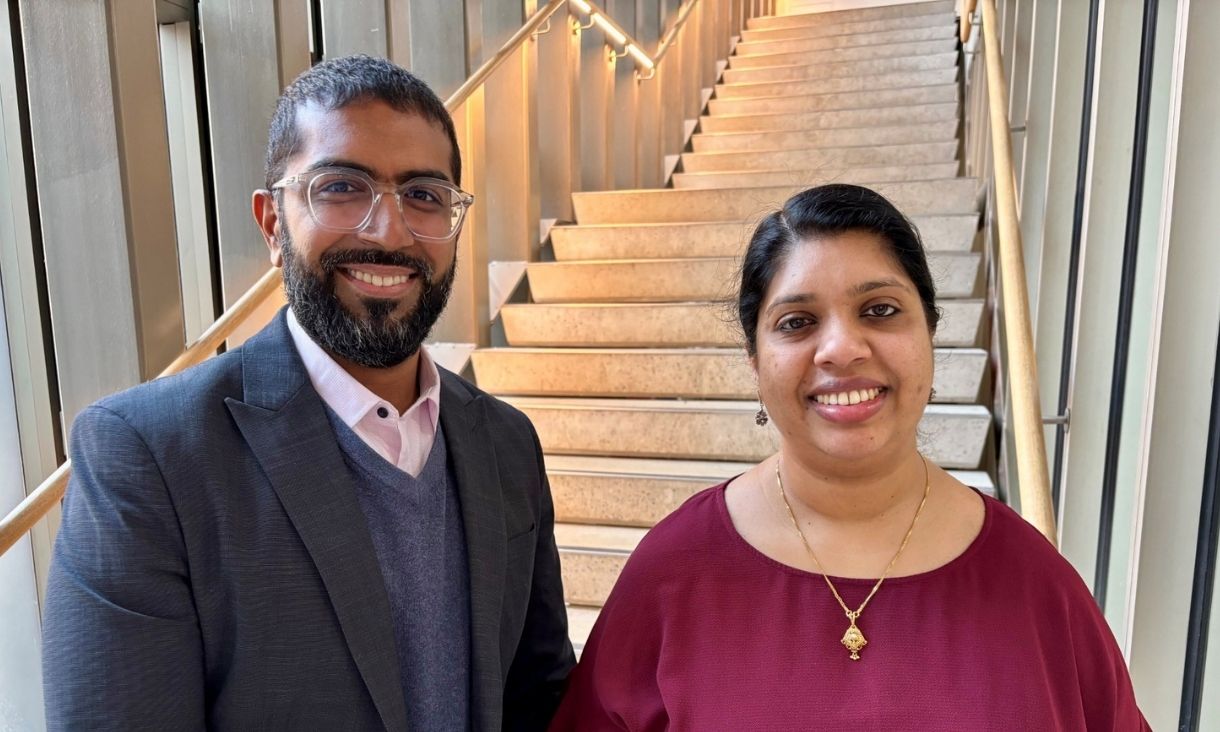Topics: nursing, aged care homes, regulations, pay increase, RN, EN
Rachel Wassink, Director of Social Care and Health
“At the start of this month, the first step in mandatory care minutes for all residents within aged care in Australia rolled out.
“Most aged care homes have been able to meet the requirement, according to Janet Anderson, Aged Care Quality and Safety Commissioner.
“The mandatory care minutes require 200 minutes of care to be provided, on average, to each resident using a combination of registered nurses (RN), enrolled nurses (EN) and personal care attendants (PCA) – with at least 40 minutes to be specifically delivered by an RN.
“While this has been an important step, ENs have been left behind in this new funding and requirement, with the emphasis put on RNs.
“ENs have not benefited from the same pay increases, which came into effect in July, despite the important role they play within the Australian healthcare industry – with instances within the Social, Community, Home Care and Disability Services Industry Award 2010 where a PCA is paid more per hour to deliver care.
“Since 2019, the Diploma of Nursing qualification has been free for eligible students through the Victorian Government’s Free TAFE funding – an initiative that will continue into 2024.
“This investment into growing the EN workforce, which has now extended to more states across Australia, is not being fully utilised to address workforce issues across the sector.
“ENs are registered healthcare practitioners who work with RNs to provide high quality and safe clinical care, therefore, involving ENs more specifically within the mandatory care minutes could ensure a more sustainable approach to increasing the quality of care within Australia’s Aged Care homes.”
Rachel Wassink is the Director, Social Care and Health at RMIT University and CEO of Happy Helpers Home Care. She is a Registered Nurse and after working in nursing education for many years is passionate about aged care and nurse education.
***
General media enquiries: RMIT Communications, 0439 704 077 or news@rmit.edu.au







